If you are just entering the trucking business, there are certain trucking terms that you need to get a grasp on to ensure your business runs smoothly. Even if you have spent time in the business, it never hurts to rehash your vocabulary.
At Texas Trucking Permits, we do not just help you manage your business but also strive to educate business owners about the common, and not so common, trucking industry insights.
Let’s get started!
-
Rate Confirmation
A rate confirmation is a document that confirms the agreed-upon amount for the cost of service between the shipper/broker and carrier. Rate confirmations will also list the pickup and delivery locations, load numbers, dates, weights and other relevant information pertaining to the load. Rate confirmations are typically given per load.
-
Common Carrier
Common carriers are a type of trucking company that will carry freight for any customer that will hire them. Private carriers will haul their own freight that their company owns.
-
Electronic logbook (E-LOG)
An E-LOG is a computer device that keeps track of their hours of service and miles the driver of the truck runs. E-LOGs are mandatory in situations depending on the radius of operation and vehicle weights. To find out if you are exempt from having electronic logbooks in your vehicle, check out this article from the FMCSA.
-
Bill of Lading (BOL)
A bill of lading is a contract between you (the goods’ owner) and the carrier, agent, or broker. This contract details the goods that you are shipping, the shipment date, where is the shipment originating from, the weight of the shipment, where is its destination, the notation in case the goods include hazardous material, and pickup and delivery specifications.
Along with being a contract, it is also used as a receipt to acknowledge the receipt of the good on-board. Depending on when the payment for the goods is made, the BOL is of two kinds. Straight BOL, when the shipment has been paid for in advance, or Order BOL when the goods are pending payment. Bill of ladings are the most important and common paperwork you deal with in trucking. Without a proper bill of lading, you will have difficulties getting paid for your loads and proving that you delivered.
-
GVWR – Gross Vehicle Weight Rating.
This is how much the manufacturer of your vehicle approves the vehicle to carry safely. The GVWR can affect the permits required to operate legally. If you’re not sure about your vehicle’s GVWR, you can check on the inside of your vehicle’s door or ask the manufacturer by phone.
-
CPM – Cents per Mile
CPM is how trucking companies calculate their revenue, costs, and profit. Every trucking company owner should know how much it costs in cents per mile to run their trucks. If a load doesn’t pay enough cents per mile to cover the costs of running the truck then you probably don’t want to take that load. It’s important to sit down every month and calculate how much CPM it takes to keep your trucks running and profitable.
We work round-the-clock to educate business owners around freight shipping. Visit our website to equip and update yourself with more freight shipping terms.
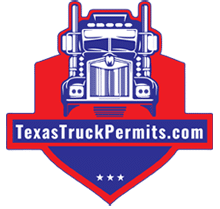
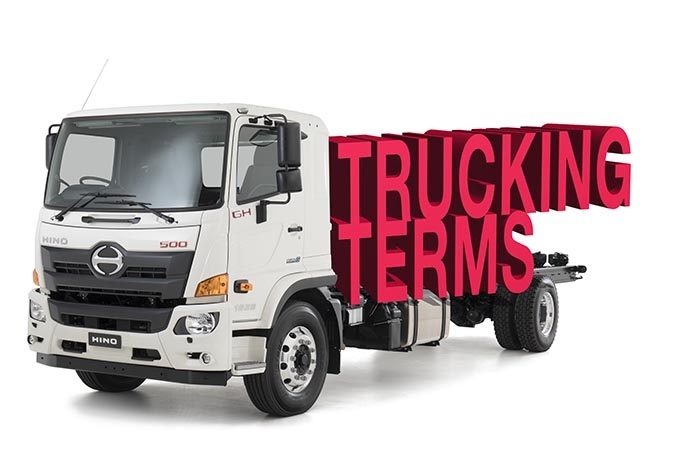
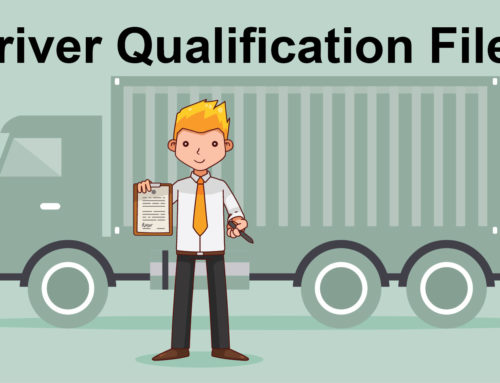
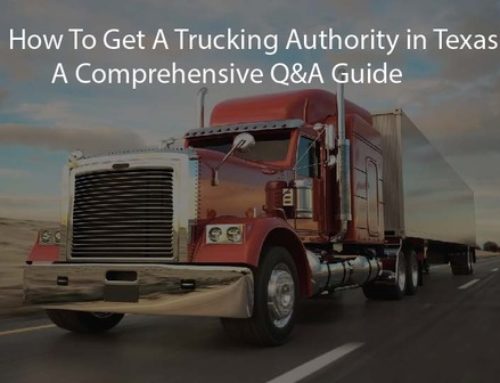
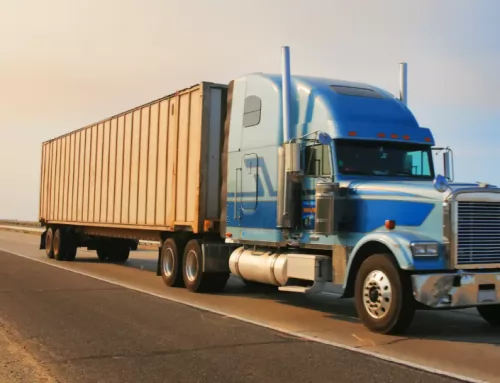
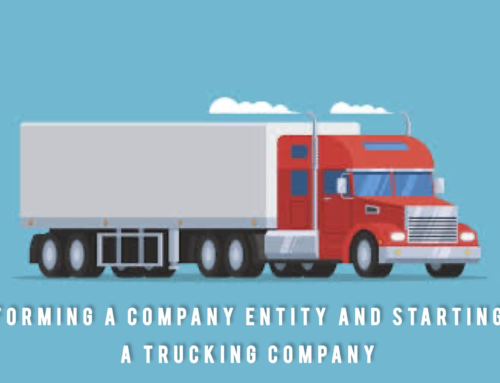
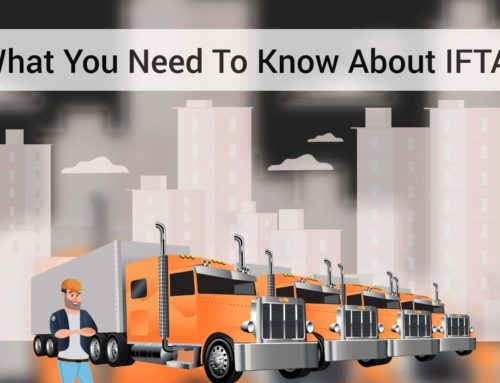
Leave A Comment